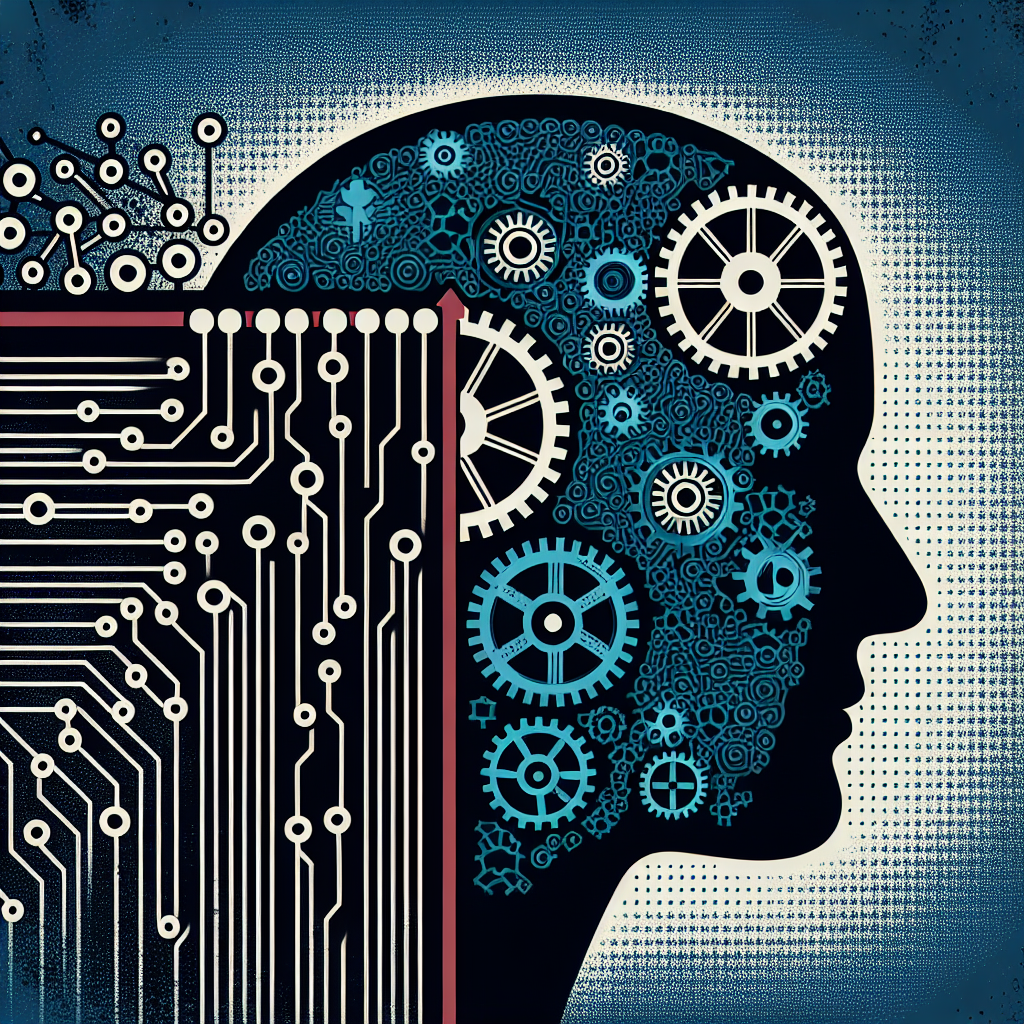Introduction
Artificial Intelligence (AI) has been rapidly advancing in recent years, revolutionizing various industries and transforming the way we live and work. One of the key areas in which AI is having a significant impact is in the realm of privacy. As AI technology becomes more sophisticated, it is redefining the boundaries of privacy and raising important questions about how we can protect our personal information in an increasingly digital world.
AI and Privacy: A Complex Relationship
AI has the potential to greatly enhance our lives, improving efficiency, accuracy, and convenience in a wide range of applications. From personalized recommendations on streaming services to autonomous vehicles that can navigate traffic with ease, AI is reshaping the way we interact with technology. However, as AI becomes more prevalent, concerns about privacy have also been growing.
One of the main issues with AI and privacy is the vast amount of data that AI systems require to function effectively. AI algorithms rely on large datasets to learn patterns and make predictions, and this data often includes personal information about individuals. This raises concerns about how this data is collected, stored, and used, and whether individuals have control over how their information is being used.
Another challenge is the potential for AI systems to make mistakes or be biased in their decision-making. AI algorithms are only as good as the data they are trained on, and if this data is flawed or biased, it can result in unfair or discriminatory outcomes. This raises questions about how to ensure that AI systems are transparent, accountable, and fair in their decision-making processes.
Redefining Privacy Boundaries
As AI technology continues to evolve, it is redefining the boundaries of privacy in several ways. One of the key ways in which AI is changing privacy is through the concept of data ownership. Traditionally, individuals have had control over their personal data, but with the rise of AI, this control is becoming more complex. As AI systems collect and analyze vast amounts of data, it is often unclear who owns this data and who has the right to use it. This raises questions about how to protect individuals’ privacy rights in a world where data is constantly being collected and analyzed by AI systems.
Another way in which AI is redefining privacy boundaries is through the use of facial recognition technology. Facial recognition technology has become increasingly common in recent years, used for everything from unlocking smartphones to surveillance in public spaces. While this technology has many potential benefits, such as improving security and convenience, it also raises serious privacy concerns. Facial recognition technology has the potential to track individuals’ movements and behavior in real-time, leading to concerns about mass surveillance and the erosion of privacy rights.
AI is also redefining privacy boundaries through the use of predictive analytics. AI algorithms can analyze vast amounts of data to make predictions about individuals’ behavior, preferences, and even future actions. While this technology can be used to improve customer service and personalize user experiences, it also raises concerns about how this information is being used and whether individuals have control over the predictions being made about them.
FAQs
1. How can individuals protect their privacy in the age of AI?
There are several steps that individuals can take to protect their privacy in the age of AI. One important step is to be aware of the data that is being collected about you and to understand how it is being used. This includes reading privacy policies and terms of service carefully, and being cautious about sharing personal information online. It is also important to use strong, unique passwords and to regularly update your privacy settings on social media and other online platforms.
2. How can businesses ensure that their AI systems are respecting privacy rights?
Businesses can take several steps to ensure that their AI systems are respecting privacy rights. This includes being transparent about how data is being collected and used, obtaining consent from individuals before collecting their data, and implementing strong security measures to protect sensitive information. Businesses should also regularly audit their AI systems to ensure that they are not making biased or discriminatory decisions.
3. What are the ethical implications of AI and privacy?
AI raises many ethical implications when it comes to privacy. One of the key ethical considerations is the balance between the benefits of AI technology and the potential risks to individuals’ privacy rights. It is important for businesses and policymakers to consider the ethical implications of AI and to ensure that privacy rights are protected in the age of AI.
Conclusion
AI is redefining the boundaries of privacy in a digital world, raising important questions about how we can protect our personal information in an era of rapid technological advancement. As AI technology continues to evolve, it is crucial for individuals, businesses, and policymakers to consider the ethical implications of AI and to ensure that privacy rights are respected. By being aware of the data that is being collected about us, understanding how AI systems work, and advocating for strong privacy protections, we can help shape a future where AI and privacy can coexist harmoniously.

